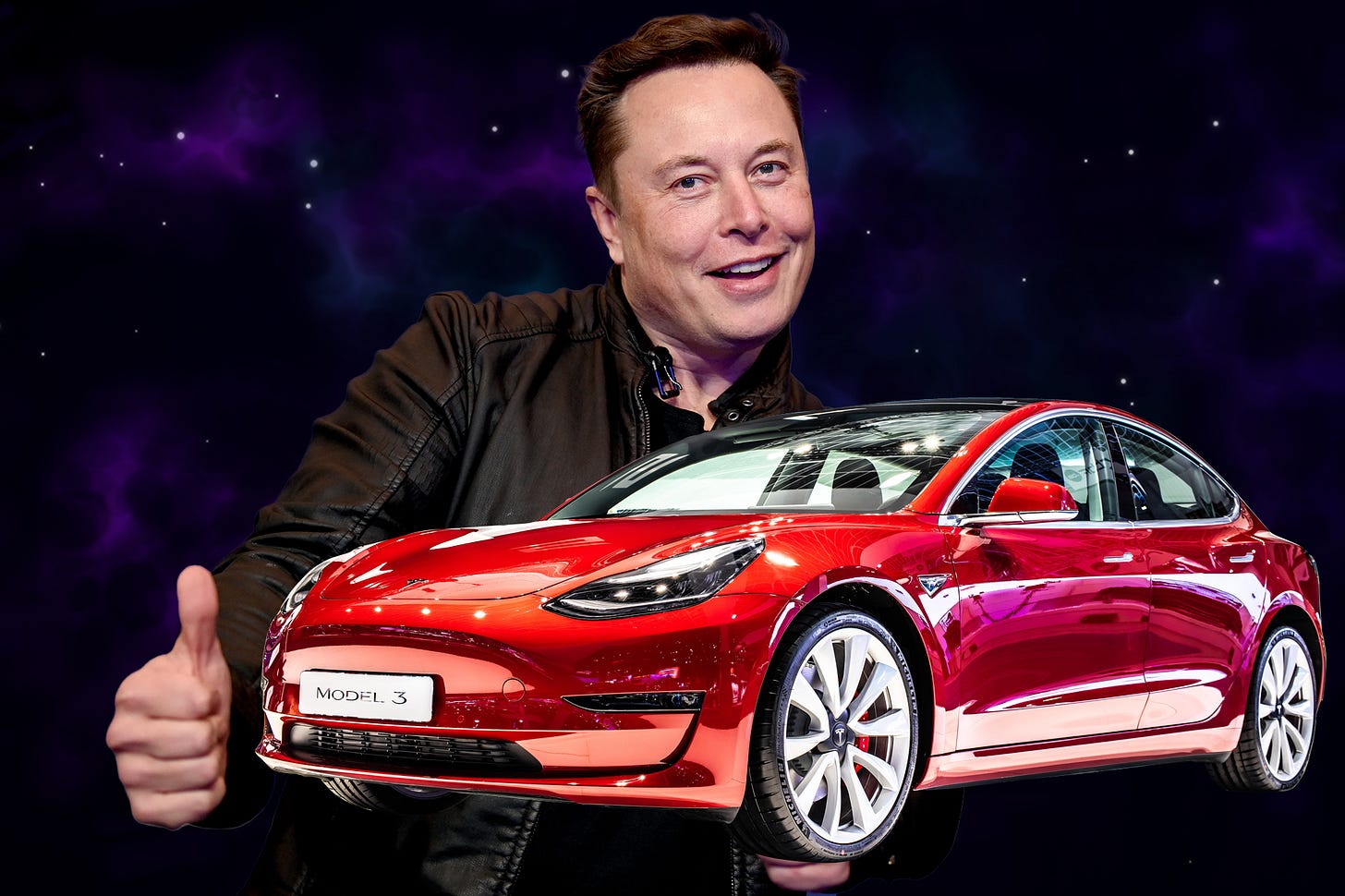#23 Some reflections on modernity
making your own mind up; a multiplicity of role models; culture is stuck; consultants hate him; fractional work and fuzzy orgs
Hello friends. Welcome back.
Here are a few ideas that have been knocking around: when to make up your mind, on having more role models than ever, the pace of cultural change, how to figure out which jobs to take, fuzzy organisations, and more.
I tried hard to write a nice essay linking these ideas coherently, but I couldn’t manage it. So I’ve just jotted them down here instead. Let me know if you find any of them intriguing.
Making your own mind up
In some situations rigorously assessing reality and following your own view is better than sticking with the crowd. In other situations following your peers is better.
Specifically, there are more benefits to making up your mind and doing your own thing when:
You have access to the primary sources needed to rigorously assess reality, and have the skills to assess them
Your environment is changing fast, so the benefits of updating your world model are high
Social penalties for non-conforming are low
It has never been higher-upside to make up your own mind about reality.
We have never had more access to primary sources—and the tools to evaluate them are freely available for people willing to learn.
Our informational environments have never changed at such speed.
In most liberal western societies, it is easier than ever to non-conform.
Once you’ve made your mind up about reality, it’s much easier to stick to your beliefs if you find a social group that has the same (or similar beliefs). When you’re in the out-group, find a new in-group.
Since most people are uninterested in rigorously assessing reality, if you have made your own mind up about something and want other people to agree with you, trying to persuade them rationally is probably not a good use of time. The best way to get people to agree with you is to make holding your beliefs cool.
A multiplicity of role models
Social media has exponentially expanded the number of role models available to people. And we follow people we admire—the potential life scripts available to us are downstream of the role models we have access to. So social media has exponentially expanded the number of life scripts available to people.
On social media, virtual, conspicuous actions substitute for real, inconspicuous actions
There is huge selection bias on social media: algorithms only amplifies people who are good at social media. So a bunch of life paths have been under-amplified. And every role model who is visible on social media is definitionally good at communication: so communication as a skill is over-amplified.
This over-amplification pervades all our digital actions. One example: people think they’re actually helping by “raising awareness” about the war in Ukraine by putting flags in their bios.
Real inconspicuous actions (eg providing aid by sending supplies) are substituted for virtual, conspicuous actions (raising awareness with a flag emoji).


Culture is changing faster than ever—but it is also “stuck”. Trends repeat over and over again.
Advances in the pace of communication technology have exponentially increased the rate of cultural change.
Trends in ancient Egypt used to last hundreds of years. Now they seem to change every few months. And on Twitter, there’s a new main character every day.
But in some ways, culture is “stuck”. Through the internet we have frictionless access to the past—anyone with an internet connection and disposable income can listen to music, read books, and watch films from the past century.
If you watch a film from the 1950s and one from the 1960s, it’s easy to tell that one is newer than the other. But if you watch a film from the 2000s and another from the 2010s, it’s hard to date them. There is no sense of progression. Ditto popular music.
My theory: Because we’re hyper-connected, there are no undisturbed pockets for new Western cultures to form. Anything interesting immediately gets up-regulated by algorithms that reward you for catering to the least common denominator—going “mainstream” has never happened so fast. And if you decide to stay out of the mainstream, the algorithm allocates you a tiny audience. Algorithms create an immense forcing function that drives intriguing cultural media towards bland content. Just look at what Netflix did to Peaky Blinders.
Management consultants hate him, figure out which industries to work in with this one easy trick
If you were to hire a management consultant to advise you on which industry to work in, he would advise against joining a management consulting firm.
Most consulting firms have low market share, in a slowly growing market—they would be “dogs” on the famed BCG-growth-share matrix.
The consultants would advise you to work at a startup with great investors (high market growth, uncertain market share: a “question mark”) or big tech (slower market growth, monopoly market share: a “cash cow”) or, if you could get in, a hyper-growth company (fast market growth, big market share, a “star”).
The consultants are right! You should treat your job like an investment: pick a market with a high growth rate, and ideally a company with large share of the market.
Fractional work and fuzzy orgs
Software tools increase the potential productivity per knowledge worker. Today, one person with the right tools can get as much work done as 5 people 10 years ago. Two consequences:
Software companies are getting smaller for the same revenue (revenue per employee should go up)
Productive employees can sustainably work multiple jobs across several companies (see: r/overemployed)
Organisations are becoming more amorphous. Organisational boundaries are more permeable. Instead of having a binary, you’re-in-or-you’re-out boundary, roles within organisations fall on a spectrum. Is a freelancer part of a company? Is a volunteer forum moderator?
DAOs, fractional and gig knowledge work marketplaces, and community-led growth strategies are all examples of this.
See you next time.









lol the caption of the last photo is a great way to capture modernity as well